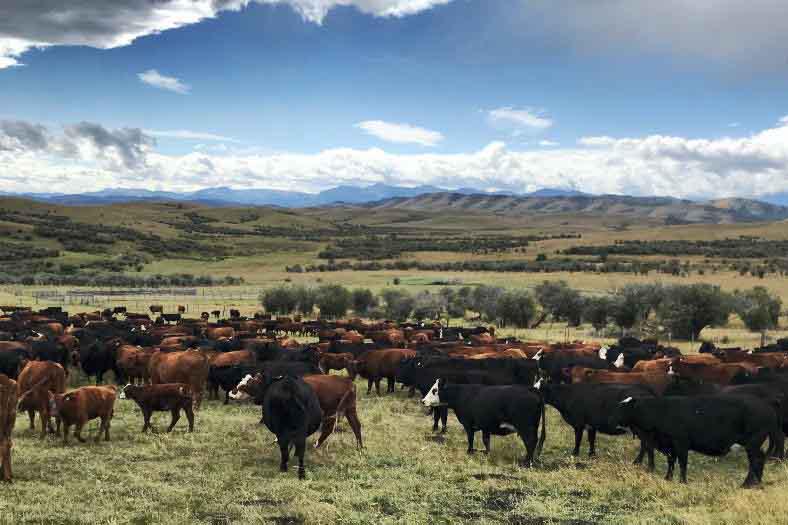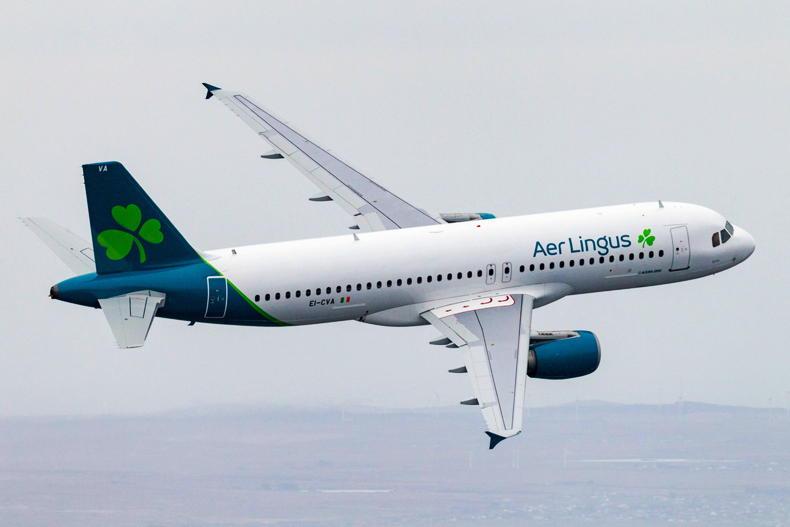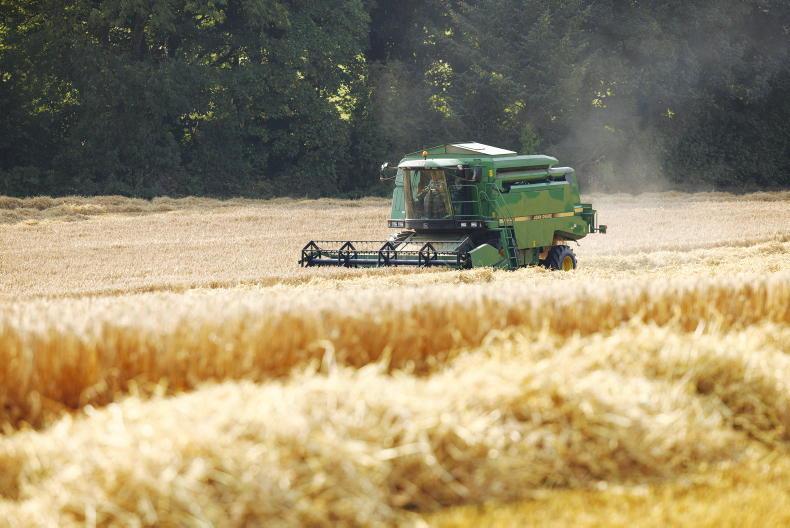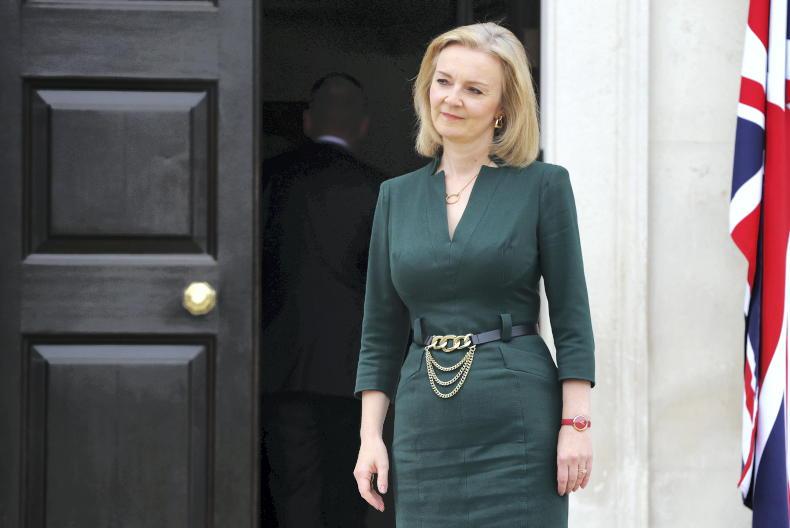While farmers will oppose EU trade deals that grant generous access to EU markets for agricultural produce, particularly beef, it will be a struggle to block deals on economic grounds.
The best chance, particularly with Mercosur, is if the European Parliament or indeed individual member states like Austria take a strong line for environmental reasons and refuse to ratify.
However, we can expect that there will be enormous pressure, particularly with Mercosur, where so many sections of the EU economy stand to benefit. Even in the case of Ireland we cannot assume it will be rejected because of the importance of the pharmaceutical sector, a major beneficiary in Mercosur.
Listen to "Why are Canadian dairy farmers getting €25,000 per 80 cow herd" on Spreaker.
Farmers need to have a plan B. When the deal was announced in June 2019, then Commissioner for Agriculture Phil Hogan spoke of a €1bn compensation fund being put into place for farmers. This is something that needs to be put in place if Mercosur or other trade deals giving access to EU or the UK for agricultural produce come into effect.
Canada model
Having a compensation fund to offset the cost to farmers of trade deals wouldn’t be unique to the EU.
The Canadian dairy industry has a C$1.75bn (€1.15bn) fund in place since 2019 that provides an annual compensation payment to Canada’s 10,000 dairy farmers. This is made on an annual basis starting in 2019-20 and will continue until 2023.
This year, Canada’s dairy farmers will share C$459.4m (€302.2m), with payments due to be made by the end of this month. This averages over C$30,000 (€19,800) per dairy farm, and the Canadian government estimate that a typical 80-cow dairy farm would receive C$38,000 (€25,000) each year of the programme.
This programme was put in place by the Canadian government to “support dairy producers as a result of market access commitments made under trade agreements, CETA with the EU and the Comprehensive and progressive trans-pacific partnership (CPTPP)”.
All farmers who hold a milk quota are eligible, payment is calculated on the basis of quota and there is no upper limit of payment.
In the budget this week, the Canadian government also announced a $292.5m (€192.5m) fund over the next seven years for processors of all supply-managed agricultural products to adapt to the CETA and TPP trade deals.
Why compensation for dairy?
The Irish Farmers Journal posed this question to Shaun Haney, the founder of RealAgriculture, a multimedia organisation serving Canadian farmers. He said the difference in dairy and beef in Canada is that dairy, along with poultry and eggs, are supply-managed in Canada and focused almost entirely on supplying the domestic market. Beef, on the other hand, has a strong export focus as 45% of Canada’s beef production is exported.
The other big factor is the strength of the political lobby that Canadian dairy farmers have.
Haney said dairy production is concentrated in the Ontario and Quebec provinces and their vote is sought by both the Conservative and Liberal parties.
Effect on Irish trade
There has been growth in Irish dairy exports to Canada since CETA came into effect but it is from a low base of €9.5m in 2018 to €17.3m in 2020.
This contrasts with the US, where Irish dairy exports increased from €295.3m in 2018 to €358.7m in 2020.
While the US has 10 times the population of Canada, it also had in place a 25% tariff penalty on EU dairy imports in 2020 arising from the Boeing-Airbus dispute.
The Canadian government support for dairy farmers is evidence that strong political lobbying works. Irish and EU dairy exporters find it difficult to do business in Canada even with the trade deal. On the other hand Canadian beef exporters have a strong view that CETA isn’t working for them in giving access to the EU market.
For Canadian dairy farmers, every kilo of dairy access is one kilo too many and Irish and EU beef producers have the same view of access to the EU, given the production constraints they have to operate under compared with other regions of the world. If EU beef producers are ultimately forced to compete in the EU market with global supplies, the very minimum necessary is for farmers to tie down a suitable long-term compensation package.










SHARING OPTIONS